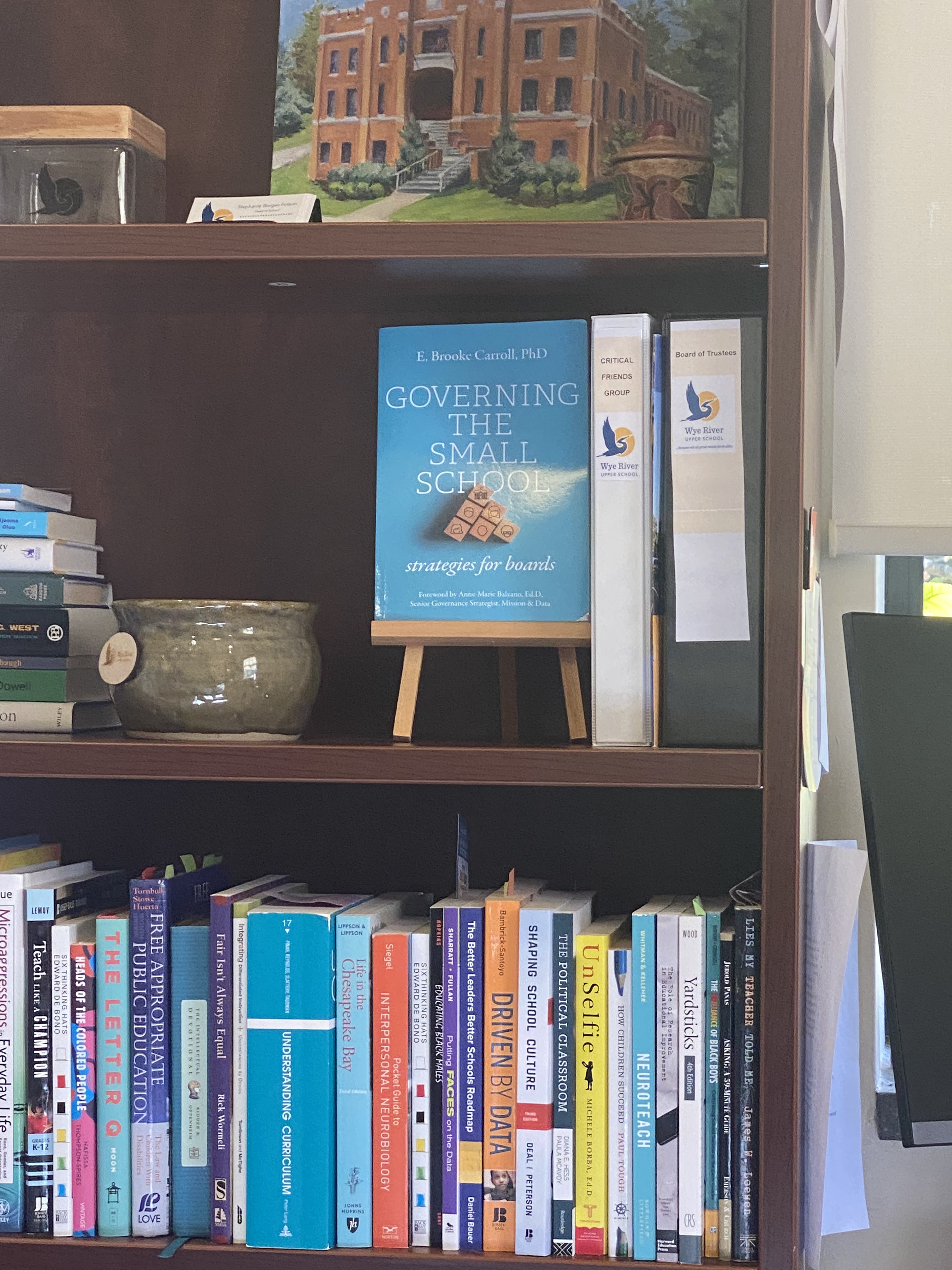Over the past few decades, mass shootings have become a disturbingly common occurrence in the United States. As a result, students and educators have become increasingly desensitized to these tragic events. It’s a sad reality that many individuals now view mass shootings as just another aspect of daily life. This normalization of violence has far-reaching consequences and needs to be addressed.
I believe that one of the reasons for desensitization is the frequency of mass shootings. With so many shootings occurring regularly, it can be challenging for anyone to process the emotional impact of each event. Instead, people tune out or become numb to the news. Whether at a nightclub, movie theater, church, or school, the media shows up. I think the constant coverage of mass shootings on television and the internet can make them seem almost routine, further contributing to desensitization. And despite numerous high-profile shootings, little has been done at the legislative level to address gun violence in the United States. From my conversations with parents, students, and other educators, it seems that the lack of legislative changes has led to a sense of hopelessness and resignation.
When students feel anxious or unsafe at school, those feelings negatively impact their academic performance and overall well-being. Educators also experience trauma and emotional distress from these mass shootings, which can affect their ability to provide a safe and supportive learning environment.
Be the Change
To combat desensitization, I think we all need to take an active role in preventing mass shootings by advocating for gun control measures, participating in community-based prevention programs, and speaking out against violence in all its forms. It’s also crucial for schools to provide support for students and educators who may be struggling with the emotional impact of these events. By acknowledging the emotional impact of mass shootings and taking steps to prevent them, we can create a safer, more compassionate society.
Together, we can work towards a future where mass shootings are no longer a daily reality.
Etcetera
This is not a political issue; it is a human issue. Every child has the right to feel safe in their place of learning, and every educator has the right to feel safe while doing their job.
We need to acknowledge that gun violence is a public health crisis and start treating it as such and not just as a political talking point. It is unacceptable that mass shootings have become a regular occurrence in our society, and we need to take action to stop them.
One of the key ways to address mass shootings in schools is through gun control legislation. We need comprehensive background checks and red flag laws that allow for the temporary removal of firearms from individuals who pose a danger to themselves or others. We must also ban assault weapons, high-capacity magazines, and bump stocks that can turn a regular gun into a rapid-fire killing machine.
We MUST invest in mental health services and support for students and educators. Many school shooters exhibited signs of mental illness before carrying out their attacks. If we can identify and treat these issues before they escalate, we can prevent tragedies.

